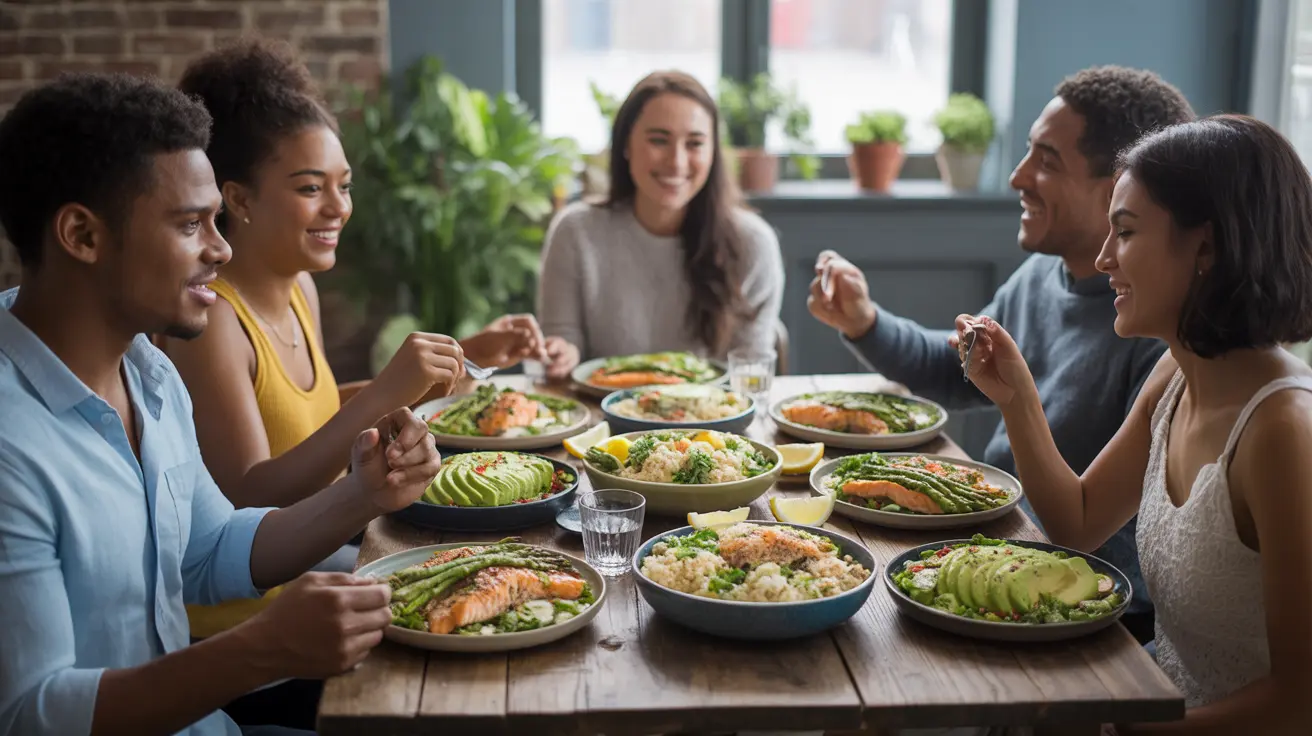Experiencing cravings for beer and other alcoholic beverages is a common challenge that many people face, whether they're in recovery or trying to reduce their alcohol consumption. These urges can be intense and complex, influenced by both psychological and physiological factors that require understanding and proper management strategies.
In this comprehensive guide, we'll explore the science behind beer cravings, how to identify them, and effective methods to manage these desires while maintaining your health and wellness goals.
Understanding the Science Behind Beer Cravings
Beer cravings develop through a combination of biological, psychological, and social factors. When you regularly consume alcohol, your brain's reward system becomes conditioned to expect it, leading to strong urges when those expectations aren't met. These cravings can be triggered by various stimuli, including stress, social situations, or environmental cues associated with drinking.
Physical vs. Psychological Triggers
Physical triggers often involve changes in brain chemistry and neurotransmitter activity. Regular alcohol consumption can alter your brain's natural balance, making it more likely to signal cravings when alcohol isn't present. Psychological triggers might include emotional stress, anxiety, or habitual associations with certain times or activities.
Recognizing Withdrawal vs. Cravings
Understanding the distinction between withdrawal symptoms and cravings is crucial for proper management. While cravings are intense desires for alcohol, withdrawal symptoms can include physical manifestations like tremors, anxiety, and sleep disturbances. This difference is important for determining appropriate coping strategies and knowing when to seek professional help.
Effective Management Strategies
Immediate Coping Techniques
- Practice mindful breathing exercises
- Engage in physical activity
- Call a supportive friend or family member
- Distract yourself with a engaging activity
- Drink water or non-alcoholic alternatives
Long-term Management Approaches
- Establishing regular exercise routines
- Creating new social habits that don't involve alcohol
- Learning stress management techniques
- Building a strong support network
- Identifying and avoiding personal triggers
Nutritional Support for Reducing Cravings
- Complex carbohydrates for stable blood sugar
- Protein-rich foods for sustained energy
- B-vitamin rich foods to support neural health
- Hydrating beverages and electrolyte-balanced drinks
- Healthy fats for brain function support
When to Seek Professional Help
- Inability to control drinking despite attempts to stop
- Experiencing severe withdrawal symptoms
- Cravings that lead to dangerous behavior
- Impact on work, relationships, or health
- Concurrent mental health concerns
Frequently Asked Questions
What causes strong cravings for beer and other alcoholic drinks? Beer cravings are caused by a combination of biological changes in brain chemistry, psychological conditioning, and environmental triggers. Regular alcohol consumption creates neural pathways that reinforce drinking behavior, leading to strong urges when alcohol isn't consumed.
How can I tell the difference between alcohol cravings and withdrawal symptoms? Cravings are primarily psychological urges to drink, while withdrawal symptoms include physical manifestations like tremors, sweating, anxiety, and nausea. Withdrawal symptoms typically occur within hours to days after stopping drinking, while cravings can persist for longer periods.
What strategies are effective for managing and reducing beer cravings? Effective strategies include regular exercise, mindfulness practices, maintaining proper nutrition, staying hydrated, developing new hobbies, building a support network, and identifying personal triggers. Professional counseling or support groups can also be beneficial.
Are certain foods helpful in curbing cravings for alcohol during recovery? Yes, foods rich in B vitamins, complex carbohydrates, and proteins can help stabilize blood sugar and reduce cravings. Examples include whole grains, lean proteins, fruits, vegetables, and foods high in healthy fats like nuts and avocados.
When should I seek professional help for uncontrollable beer or alcohol cravings? Seek professional help if cravings consistently interfere with daily functioning, lead to relapse despite personal efforts to abstain, are accompanied by severe withdrawal symptoms, or impact your mental health, relationships, or work performance.




